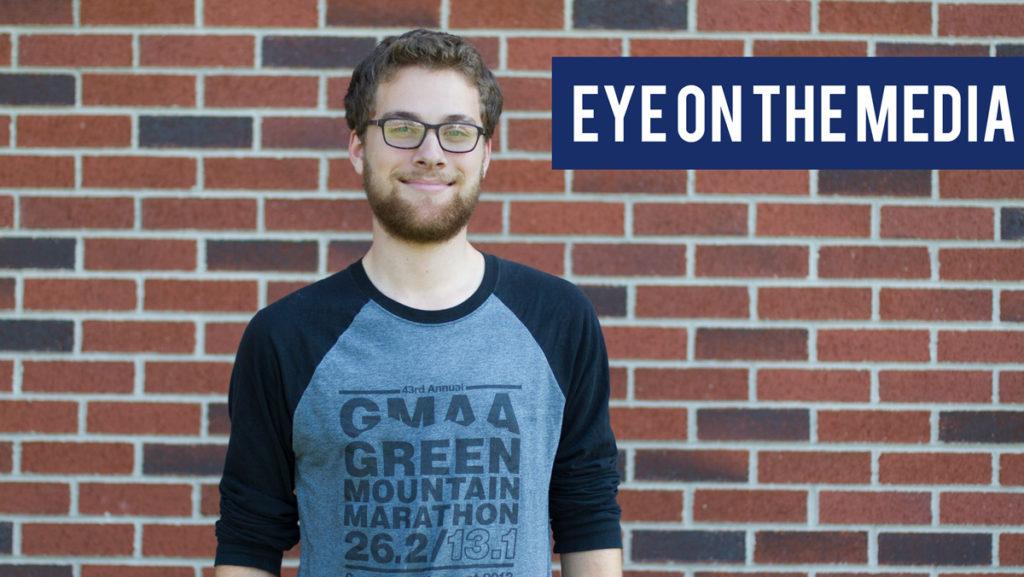After a mass shooting at a music festival in Las Vegas on Oct. 1 left more than 50 people dead and over 500 people injured, the media descended on the city.
While much of the coverage focused on the tragedy itself and the debate over gun control, another genre emerged as well: examinations of the shooter’s life.
The day after the attack, a Washington Post headline read “Las Vegas gunman Stephen Paddock enjoyed gambling, country music, lived quiet life before massacre.” CNN came out with a story called “The unknowable Stephen Paddock and the ultimate mystery: Why?” And The New York Times declared that “Stephen Paddock, Las Vegas Suspect, Was a Gambler, a Cipher, a ‘Lone Wolf.’” The list of these kinds of stories went on and on.
The media’s nonstop coverage of the shooter and his past was disrespectful to the victims of this tragedy. After all, most of the media didn’t publish detailed reports on those who lost their lives in the massacre. However, there’s also another reason the media must cease its incessant coverage of mass shooters: the copycat effect.
In 2015, Mother Jones reported the FBI found that those plotting an attack often look to past shootings for inspiration “in hopes of causing even greater carnage.” And the magazine found that the media’s use of the perpetrator’s name, picture and background story turns the shooter — in the words of psychologist John Van Dreal — into a hero to those who are thinking about carrying out a shooting. Potential shooters see the perpetrator’s name and face splashed all over the media and are attracted to the notoriety they can achieve by carrying out an attack.
In the aftermath of the Las Vegas massacre, too much of the media fell into the trap of covering the shooter’s life, allowing him to live on in the minds of potential attackers. While some in the media may argue that it’s necessary to examine the shooter’s life to tell the entire story of what happened, one of the central tenets of journalism is to minimize harm. And in this case, the media is doing the opposite, as its coverage makes it more likely that these tragedies will happen again in the future.
Instead, the media must take concrete steps to ensure that it doesn’t fuel the copycat effect. As documented by Mother Jones, some strategies of doing this include minimizing references to the shooter’s name in stories, reducing images of the attacker and avoiding terms like “lone wolf” that glorify the shooter.
Not taking these steps would be an abdication of responsible journalism, as well as a slap in the face to those whose lives have been forever changed by this horrific tragedy.




